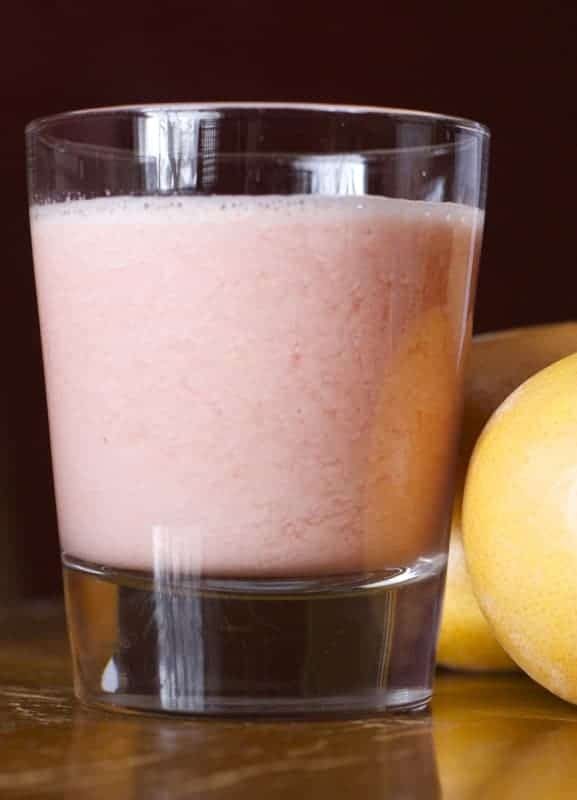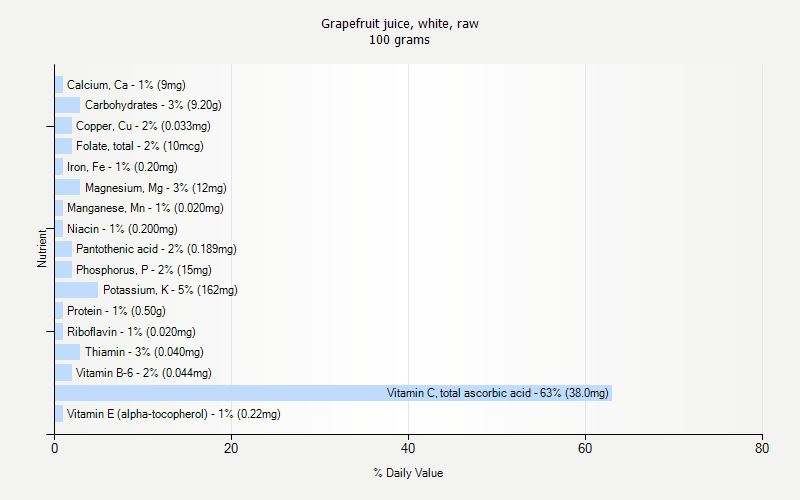


The physical examination component also included collection of blood pressure measurements and blood samples for laboratory analyses ( 27– 29). The purpose of this study was to identify patterns of grapefruit (whole fruit and juice) consumption among adults in the United States, and associations between consumption and select indicators of nutrition and health. Little is known about recent consumption of grapefruit by adults, nutrient intakes by consumers of this fruit, and potential associations between consumption of grapefruit and select health parameters. In animal studies, naringin has been reported to have beneficial effects on neuroinflammation ( 11), blood lipids ( 12), and bone mineral content ( 13).įindings from observational studies suggest an association between grapefruit consumption and reduced risk for coronary heart disease mortality ( 14), and between citrus consumption and decreased acute coronary events ( 15) or ischemic stroke ( 16).įood consumption data collected in the mid-1990s showed that grapefruit juice and grapefruit, including grapefruit in fruit salads, were consumed by approximately 7% of the US population aged 2 years and older at least once in 2 days of dietary recall ( 17). Grapefruit also provides naringin, a flavonoid in the flavanone subclass ( 9) that may have cardiovascular benefits ( 10). Grapefruit, particularly pink and red varieties, provide the carotenoids β-carotene and lycopene ( 8). In addition to vitamins and minerals, citrus fruits also contain several phytonutrients. Similarly, fresh grapefruit (white and pink) tended to have higher nutrient density scores when compared to some commonly consumed fresh fruit such as apples, bananas, and peaches ( 7). Pink and white grapefruit juice and orange juice were found to have more favorable nutrient density scores compared with other commonly consumed 100% fruit juices, including apple, grape, pineapple, and prune ( 6). Reference data for labeling purposes ( 4) indicate that a serving of pink or red grapefruit, corresponding to ½ of a medium fruit (154 g), provides 100% of the Daily Value (DV) of vitamin C, 35% of the DV for vitamin A, 8% of the DV for fiber, 5% of the DV for potassium, and less than 5% of the DV for folate, calcium, magnesium, vitamin B 6, thiamin, and niacin ( 5). Like oranges and 100% orange juice, grapefruit and 100% grapefruit juice are also citrus fruits that are particularly concentrated sources of vitamin C and a source of other nutrients. Among both men and women, the top five contributors to total fruit consumption are 100% orange juice, bananas, apples, oranges, and watermelon collectively, these five items account for 53 and 46% of total fruit intake by men and women, respectively ( 3).

The Dietary Guidelines for Americans encourage consumption of a nutrient-dense diet rich in fruits and vegetables ( 1), though most Americans fall short of meeting the recommended levels of fruit intake ( 2). Among women, grapefruit consumption was associated with lower body weight, waist circumference, body mass index (BMI), triglycerides, C-reactive protein (CRP), and higher high-density lipoprotein (HDL) cholesterol ( P<0.05), However, risk of being overweight/obese was not associated with grapefruit consumption. Diet quality as assessed by the Healthy Eating Index-2005 (HEI-2005) was higher in grapefruit consumers (males: 66.2 vs. Potassium and β-carotene intakes were significantly higher among grapefruit consumers ( P<0.001). 43% P<0.001) and magnesium ( P<0.05) below the estimated average requirement (EAR) compared to non-consumers, and they were more likely to meet adequate intake levels for dietary fiber ( P<0.05). Grapefruit consumers were less likely to have usual intakes of vitamin C (males: 0% vs. Among adults aged 19+ years with 2 days of dietary recall ( n=12,789), 2.5% of males and 2.7% of females reported consumption of 100% grapefruit juice or fresh, canned, or frozen grapefruit during the recalls.


 0 kommentar(er)
0 kommentar(er)
